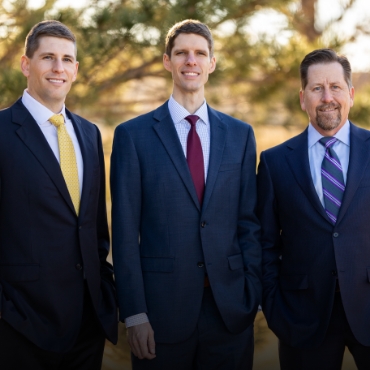08 July 2022

Wisdom tooth removal is among the most common oral and maxillofacial surgery procedures. While this is a routine procedure, patients should understand just how important it is. Putting off wisdom tooth removal can seriously impact your long-term oral health.
What Are Wisdom Teeth?
The so-called wisdom teeth are a third set of molars that many people have. They tend to emerge between the age of 17 and 21, although they can emerge earlier or later in some cases. Individuals usually have four wisdom teeth. but can also have fewer than four or none at all.
There are multiple theories explaining the existence of wisdom teeth in our jaws.
Some experts point to changes in human diets since prehistoric times, while others believe the problem is caused by the increased chance that modern humans still have all their teeth as they enter adulthood.
Regardless of their origin, most people require wisdom tooth removal because there isn’t enough room in their mouth for the additional teeth. As wisdom teeth begin to emerge, they can cause a wide range of dental issues, varying in severity among individual patients.
What Happens If My Wisdom Teeth Aren’t Removed?
As your wisdom teeth begin to emerge, they can cause a wide range of symptoms and eventual complications. Ideally, your dentist will identify the appropriate time for wisdom tooth removal based on X-rays during routine checkups. Pain, swelling, difficulty keeping the areas clean, and other symptoms can indicate that it’s time to have them out.
Jaw Pain
As the wisdom teeth attempt to emerge, they can put significant pressure on the jaw and adjacent teeth. Patients can experience this as a pain or pressure in their jaw that varies in intensity and comes and goes without apparent explanation.
Patients might feel this discomfort in the jawbone, near their ears, or in other areas on the side of their face. While not all jaw pain due to wisdom teeth emerging, it is a good reason to schedule an appointment with your dentist to find out what’s wrong.
Impaction
Impaction is when a lack of space causes your wisdom teeth to attempt to emerge at a strange angle. They can become caught behind adjacent teeth, angle outward or inward, or even become completely horizontal beneath the gums.
Impacted wisdom teeth putting pressure on your other teeth can cause them to shift and develop alignment issues. While many general dentists perform extraction of erupted third molars, many will feel more comfortable referring you to an oral and maxillofacial surgeon for impacted wisdom teeth.
Infection
Partially emerged wisdom teeth can greatly increase your risk of infection and gum disease. When the tooth can’t emerge completely, it creates small pockets around the tooth and gumline. Bacteria grow in these pockets, which are then difficult to clean even with regular brushing and flossing.
The presence of these bacteria can lead to gum infections. Gum disease can affect your jawbone and teeth, potentially causing long-term oral health issues. Gum disease is also linked to a variety of health issues around the body.
Crowding and Misalignment
As your wisdom teeth emerge, they can put pressure on your molars as well as the rest of your teeth. Over time, this pressure can cause teeth to become crowded, moving closer together and creating a variety of issues. The wisdom teeth can also cause your top and bottom teeth to not align properly.
These issues can affect the appearance and function of your smile. Not only are you left with crooked teeth, but you’ll also be at a higher risk of tooth wear, tooth decay, and other long-term oral health issues.
Finding Out If You Need Your Wisdom Teeth Removed
If you are experiencing symptoms that might indicate that your wisdom teeth are emerging, your dentist will investigate the issue to determine whether that is the cause. This will require dental X-rays to determine what growth stage your wisdom teeth are in and what issues they might cause in the future.
Based on these X-rays, your dentist can determine whether wisdom tooth removal is a suitable treatment option. If so, they can refer you to a skilled oral and maxillofacial surgeon to handle the extraction. Each wisdom tooth removal is different, so patients need an experienced doctor to handle their treatment.
Your Wisdom Tooth Removal Procedure
Once you’ve been referred to an oral and maxillofacial surgery practice, you’ll meet with the doctor for a consultation. They’ll be happy to answer any of your questions and will discuss the surgery and sedation options.
The surgery itself will entail cutting into the gums and bone to remove your wisdom teeth. Oral surgeons are extensively trained in providing IV anesthesia, which will allow you to be comfortably “asleep” for your surgery and free from any uncomfortable noises or sensations. In general, wisdom tooth removal surgery takes around 30 minutes.



